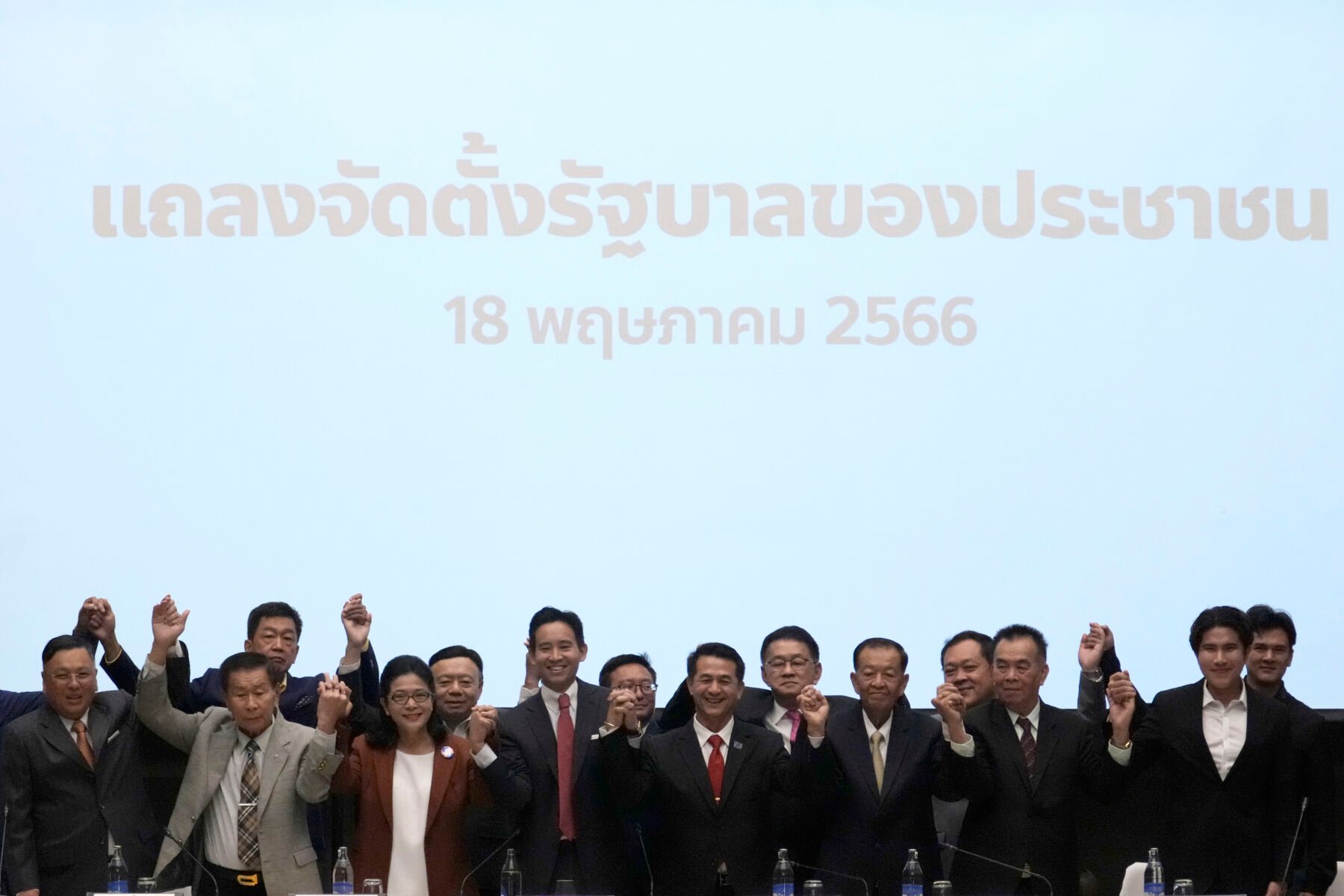Thai election uncertainty raises concerns for small business owners

A record 39 million Thai citizens participated in the recent general election, with the Move Forward Party (MFP) emerging victorious. However, the recently amended constitution poses challenges for non-military political parties, and the MFP-led coalition still requires additional upper-house votes to secure the 376 seats needed for leadership. This has raised concerns about Thailand‘s political future and its economic prospects.
Maddy, a 25 year old online entrepreneur, expressed uncertainty about the nation’s economic outlook due to the winning parties’ inability to form a coalition government. Maddy voted for the Pheu Thai Party, whose digital wallet platform and economic policies aligned with her interests as a business owner.
She said…
“We have to see how the coalition government is going to turn out. If the new government can help support both small and big businesses as the parties promised, I believe that would really benefit the economy.”
Kasikornbank’s research unit (K-Research) warned that a delay in forming a new government could postpone the approval of the annual budget bill for fiscal 2024, impacting budget disbursements from the fourth quarter of 2023. Furthermore, the new government could face fiscal constraints as campaign pledges, such as easing living costs due to high energy prices, require substantial budgets.
K-Research noted… “Although these pledges could stimulate short-term growth for the economy, they could lead to a budget deficit given the limited revenue sources.”
Economists predict that if the government has to run a higher budget deficit to implement short-term economic policies, the cost of government debt will become more burdensome once Thailand’s policy rate reaches 2%. The SCB Economic Intelligence Center (SCB EIC) anticipates the central bank’s Monetary Policy Committee to gradually raise interest rates to a terminal rate of 2.5% in the third quarter, aligning with the economic outlook and continued inflationary pressure.
Despite these challenges, some voters remain optimistic about the election results and the potential for democratic reform in Thailand.
Tritdhamon Chanthanapaiboon, a 24 year old graduate, said…
“I am not too concerned with the way things are going, as I think they will eventually form a successful coalition. In the long term, we will have to see how the MFP performs and if it delivers on its promises.”
K-Research projects GDP growth of 3.7% this year, driven by tourism, which increased the service sector’s activities by 87.8% year-on-year. However, analysts warn that the Thai economy faces risks from a slowing global economy, including factors such as geopolitical conflicts, commodity price volatility, and the tight monetary policy of major central banks, reports Bangkok Post.
Latest Thailand News
Follow The Thaiger on Google News:


























